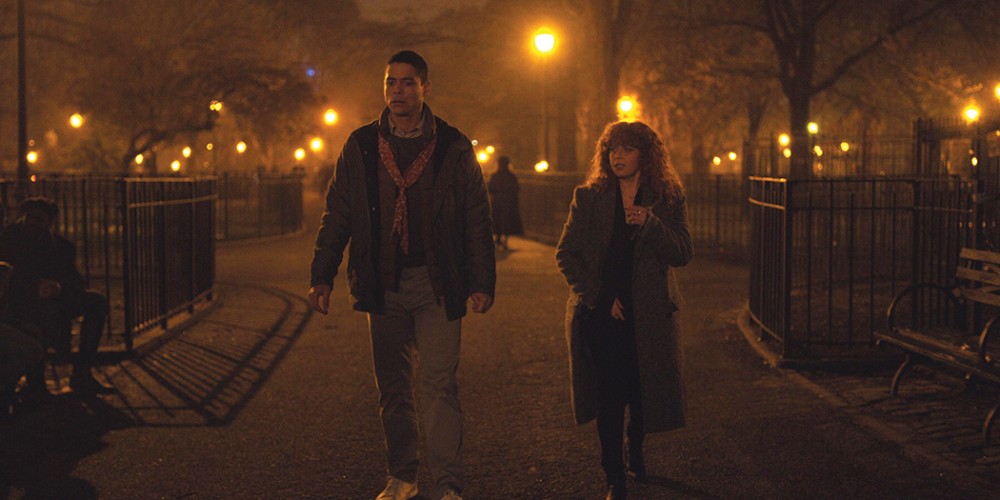In Russian Doll, Nadia and Alan are dying to learn how to live
Nadia denies that her journey is about morality, but it is.

In the Netflix drama-comedy Russian Doll, the lead character Nadia Vulvokov (Natasha Lyonne) repeatedly dies and “resets” on the night of her 36th birthday party, as if her life were a video game. She is a video game designer, and like a character in one of her games, she systematically plays her death night in different ways, trying to find her way out of the loop. She makes different choices, tests consequences, and avoids traps, but she can’t get out of the loop.
Russian Doll reflects the genius of Lyonne, Leslye Headland, and Amy Poehler, a combination that gives the show a wry tone while it explores its own alternative metaphysics. Like The Leftovers and The Good Place, Russian Doll joins a stellar list of TV series that reach beyond both secular or traditional religious ideas about “reality” to ask questions about human relationship. Nadia denies that her journey is about the “m-word,” morality, but it is unquestionably about how people are connected and what they might owe each other as a result.
We get the first clue that the answer to Nadia’s mystery is not in hallucinogenics and ghosts (both are theories she tests in different loops) when she decides to spend the night guarding the shoes of a homeless man who, in an earlier reset, froze to death. This is the first time she realizes she can use her unique situation for someone else’s good. Exhausted from sitting up all night, she misses her elevator stop on her way out of the shelter and meets Alan (Charlie Barnett), the show’s other protagonist, with whom, as she recognizes, her story is intertwined.




